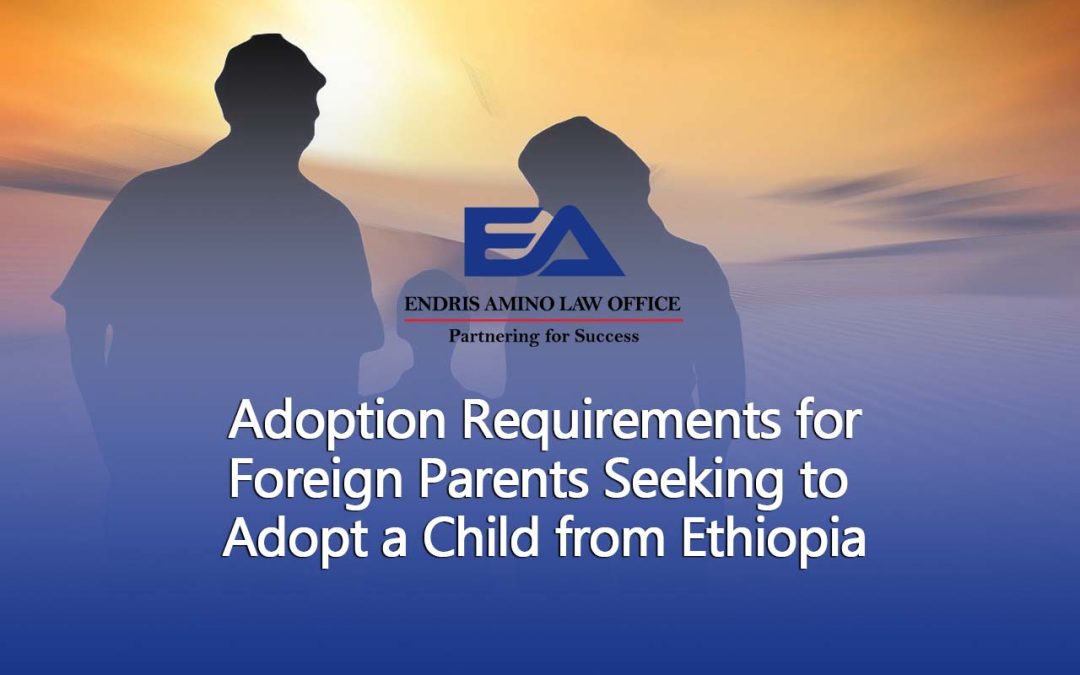Is the Absence of a Certificate of Marriage a Ground for the Dissolution of Marriage Under the Ethiopian Family Law?

According to the Revised Family Code Proclamation No. 213/2000 of Ethiopia, a marriage shall be concluded before an Officer of Civil Status and in accordance with the religion or custom of the prospective spouses. The law further defines “marriage according to custom” as a marriage that takes place when a man and a woman have performed such rites as deemed to constitute a valid marriage by the custom of the community in which they live or to which each of them or both belongs. The wedding ceremony for prospective spouses with guests is a longstanding tradition and customary practice in Ethiopia as it is in many parts of the world. Therefore, spouses’ having a wedding ceremony with guests is proof of a valid marriage under Ethiopian law.
Furthermore, Article 40 of the revised family code affirms that all marriages produce the same legal effects and no distinction shall be made as to whether the marriage has been concluded before an officer of civil status or according to religion or custom. Further reading of the family code under Article 95, Article 96, and 97 reaffirms that when it is difficult to prove marriage by producing the certificate of marriage due to the fact that the marriage has not been registered or such register has been lost, the court may presume that marriage has been concluded, given a person alleging the existence of marriage proves the possession of the status of spouse. The possessions of the status of a spouse is defined as when spouses consider themselves and live as spouses and when they are considered and treated as such by their family and the community.
Therefore, a wedding ceremony for prospective spouses with guests constitutes a valid marriage under Ethiopian law. The absence of a certificate of marriage also shall not be a ground for the dissolution of marriage, given a person alleging the existence of marriage proves the possession of the status of marriage.
If you have any inquiries, feedback, or seek our legal support, please don’t hesitate to contact us.
Note: This blog is intended to give information on Ethiopian family law and practice and is not a substitute for our professional advice given with full knowledge of the specific circumstances.





Recent Comments